BEST SENIOR DOG FOOD FOR SENSITIVE STOMACH: A COMPREHENSIVE GUID
Welcome to our pawsome journey into the world of senior dog food! As our furry friends grow older, they deserve all the love and care we can give, especially when it comes to their sensitive stomachs. Finding the paw-fect food for your senior companion can be a bit ruff, but fret not – we've got you covered!
Senior dogs have unique nutritional needs, and a sensitive stomach can sometimes throw a paw in the way of their happy mealtimes. But fear not! We're here to help you navigate this world of kibble and cans, making sure your furry friend gets the best of the best.
In this guide, we'll sniff out the top contenders for the "Best Senior Dog Food for Sensitive Stomach". We'll also explore the "Best Dry Dog Food for Sensitive Stomach," the "Best Wet Dog Food for Senior Dogs," and even some "Soft Dry Dog Food" options. It's a whole buffet of information for your adorable old-timer!
Now, you might be wondering, "What makes a dog food perfect for my senior companion?" Well, that's where we come in. We'll wag our tails and fetch all the important details on ingredients, grain options, allergies, and more!
Best Senior Dog Food for Sensitive Stomach:
Dry dog food, often known as kibble, is a popular and convenient option for many pet parents. For senior dogs with sensitive stomachs, finding the right dry dog food can make all the difference in their mealtime experience.
Hill's Science Diet Adult Sensitive Stomach & Skin Chicken Recipe Dry Dog Food
Are you looking for a dry dog food that will nourish your furry friend both inside and out? Hill's Science Diet Adult Sensitive Stomach & Skin Chicken Recipe might be the paw-fect choice for your adult dog. This specially designed formula is packed with real chicken, prebiotic fiber, vitamin E, and omega-6 fatty acids – all working together to support healthy digestion, skin, and coat.
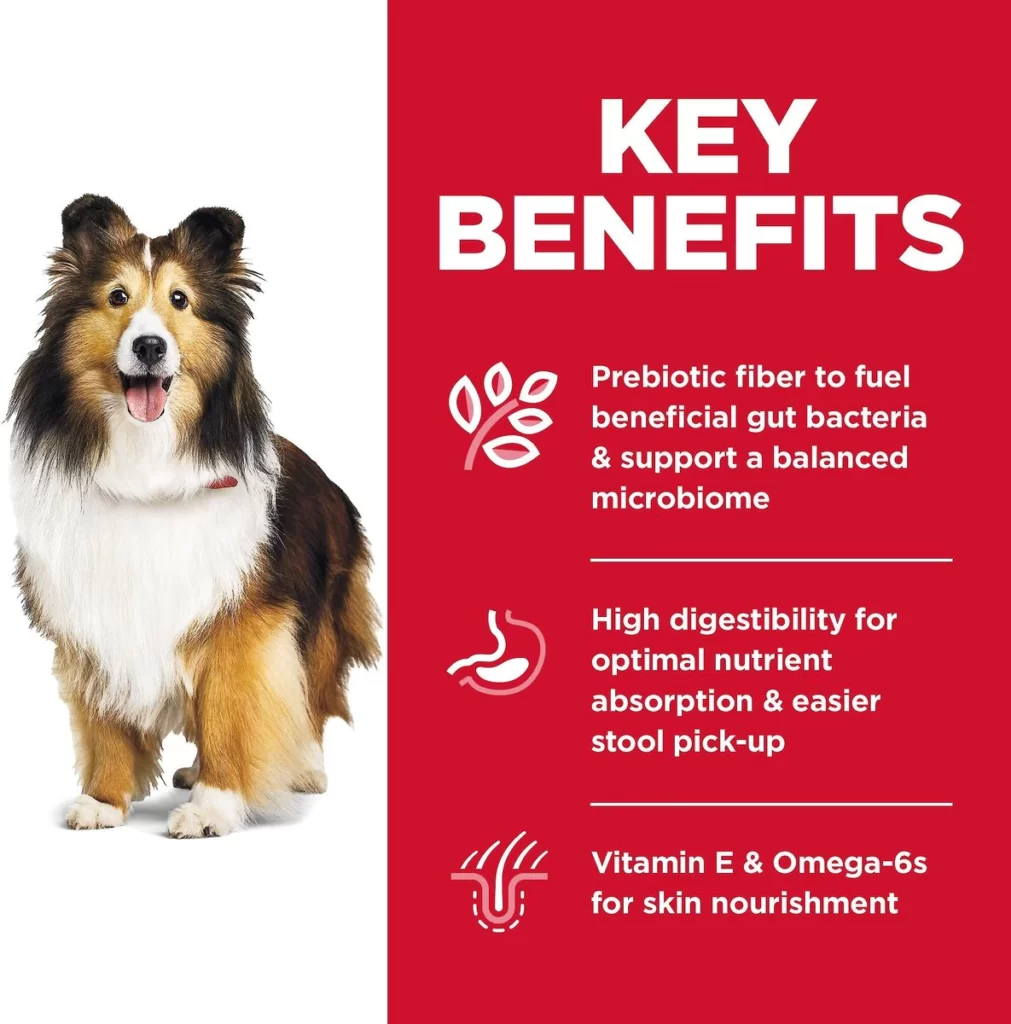
Pros:
- Balanced Microbiome Support: The prebiotic fiber in this dog food promotes a balanced microbiome, helping your furry pal maintain a happy tummy and healthy digestion.
- Lustrous Coat and Skin Health: The generous dose of vitamin E and omega-6 fatty acids in the recipe enhances your dog's skin and coat, making it shinier and healthier.
- Trusted by Pet Parents: Many pet parents have reported positive changes in their dogs after switching to this formula. Increased energy levels and improved digestion are among the noticeable benefits.
- Long-Lasting Energy: Dogs on this food have shown increased energy, making them feel like pups again, even in their golden years.
Cons:
- Individual Reactions: While most dogs thrive on this food, a few experienced adverse reactions, such as vomiting and allergies. It's essential to monitor your dog's response when introducing new food.
- Size and Taste Preference: Some dogs might not be fond of the kibble's size or taste, which could make mealtime a bit challenging for picky eaters.
Wholesome sensitive Skin & Stomach with Salmon Protein Dry Dog Food
Are you searching for dog food that supports your furry friend's skin and stomach health? Look no further than Wholesomes Sensitive Skin & Stomach with Salmon Protein Dry Dog Food! This recipe is paw-fect for both adult dogs and puppies, featuring real salmon as the first ingredient and ancient grains to aid healthy digestion.
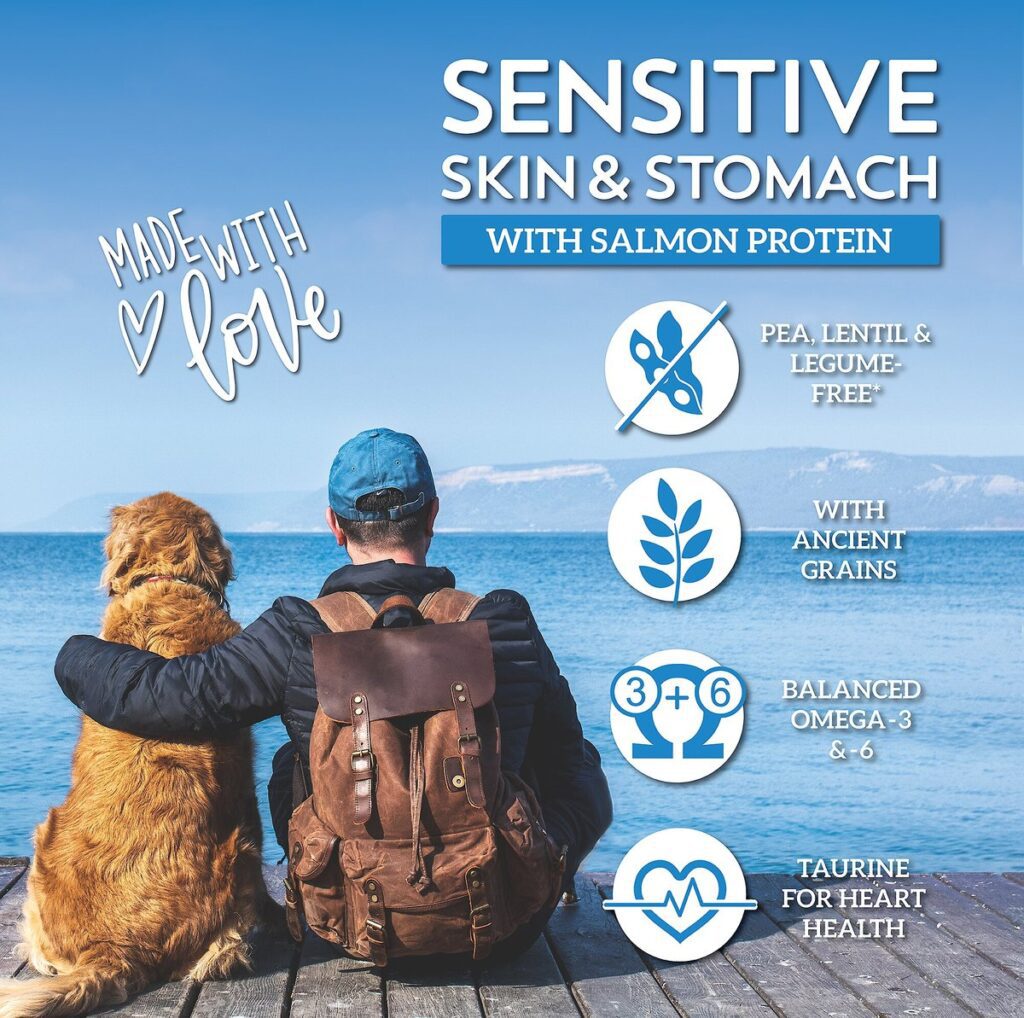
Pros:
- Real and Recognizable Ingredients: With real salmon as the main ingredient, you can trust that your dog is getting high-quality protein from a recognizable source.
- Ancient Grains for Digestive Support: The inclusion of ancient grains in the recipe ensures that your dog's tummy stays happy and healthy, making mealtime a delightful experience.
- Promotes Healthy Skin and Coat: Loaded with omega-3 and -6 fatty acids, this food helps your furry companion maintain a shiny and lustrous coat while supporting overall skin health.
- Heart Health Boost: The addition of taurine in the formula aids in promoting a healthy heart, ensuring your pup's ticker is in top shape.
- Pea, Lentil, and Legume-Free: If you're concerned about potential allergens or sensitivities, rest assured that this food is free from peas, lentils, or legumes.
Cons:
- Individual Preferences: As with any dog food, some dogs might have specific preferences, and not all may love the taste or texture of this formula.
- Allergies or Sensitivities: While the absence of peas, lentils, and legumes can be a pro for some, others might require those ingredients for a well-balanced diet. Make sure to check with your veterinarian if your dog has specific dietary needs.
Key Features and Benefits of Each Brand:
Each dry dog food brand has its unique selling points. We'll break down the key features and benefits of each product, helping you understand what makes them stand out in the pack. Whether it's the inclusion of prebiotics for gut health or limited ingredients for food sensitivities, you'll find the perfect fit for your senior companion.
Customer Reviews and Ratings:
What better way to gauge the paw-some qualities of dry dog food than by hearing from fellow pet parents? We'll fetch real-life customer reviews and ratings, providing valuable insights into how these products have fared in the bowls and bellies of other senior dogs. Their woof-tastic feedback will guide you in making a well-informed decision for your furry friend.
Best Wet Dog Food for Senior Dogs with Sensitive Stomachs
As our loyal companions age, their dietary needs may change, and some senior dogs may develop sensitive stomachs. Wet dog food can be an excellent option for them due to its unique nutritional advantages. Let's review some top wet dog food options suitable for seniors with sensitive stomachs.
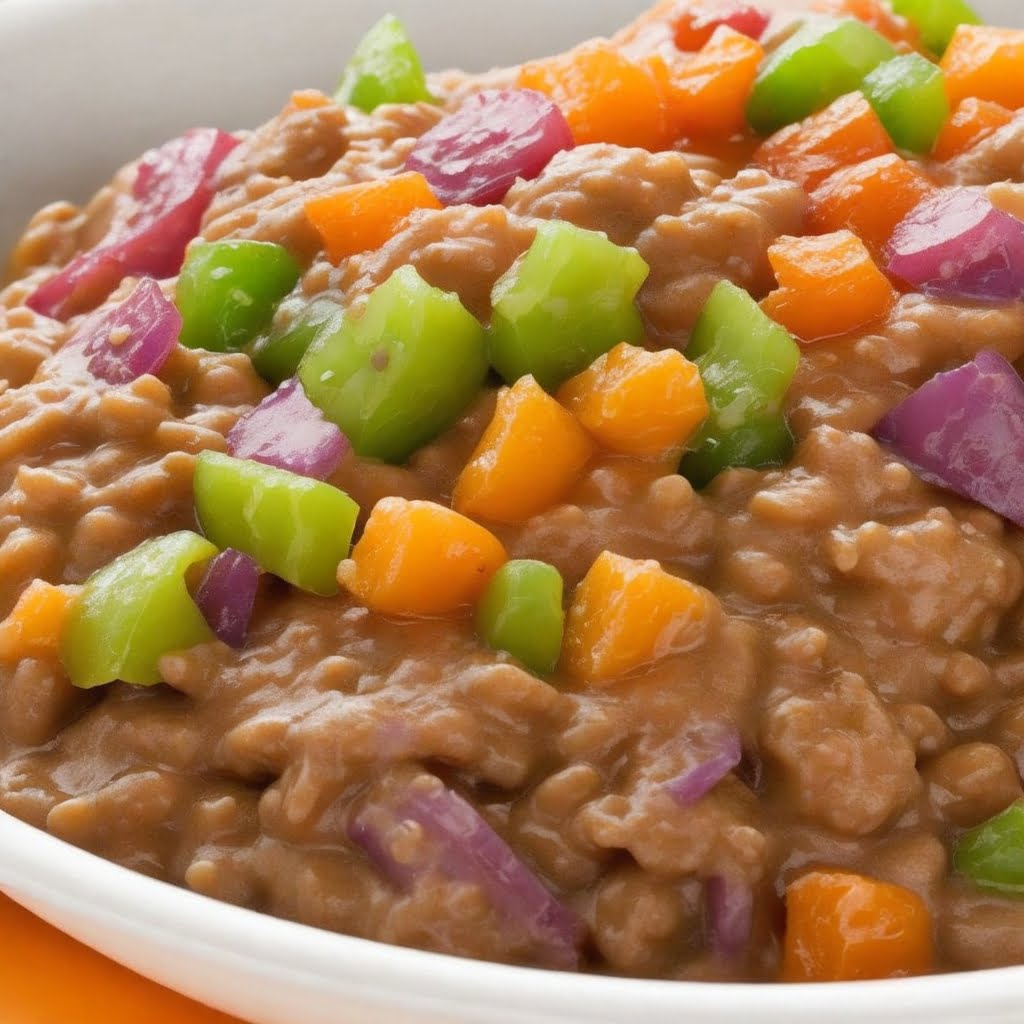
Purina Pro Plan Variety Pack Adult Sensitive Skin & Stomach
Looking for a delicious and brain-boosting meal for your furry companion? Look no further than Purina Pro Plan Variety Pack Adult Sensitive Skin & Stomach Salmon & Rice Entree Pate Wet Dog Food! Not only is it perfect for dogs with sensitive skin or stomachs, but it's also loaded with DHA, an omega fatty acid that promotes cognitive development.
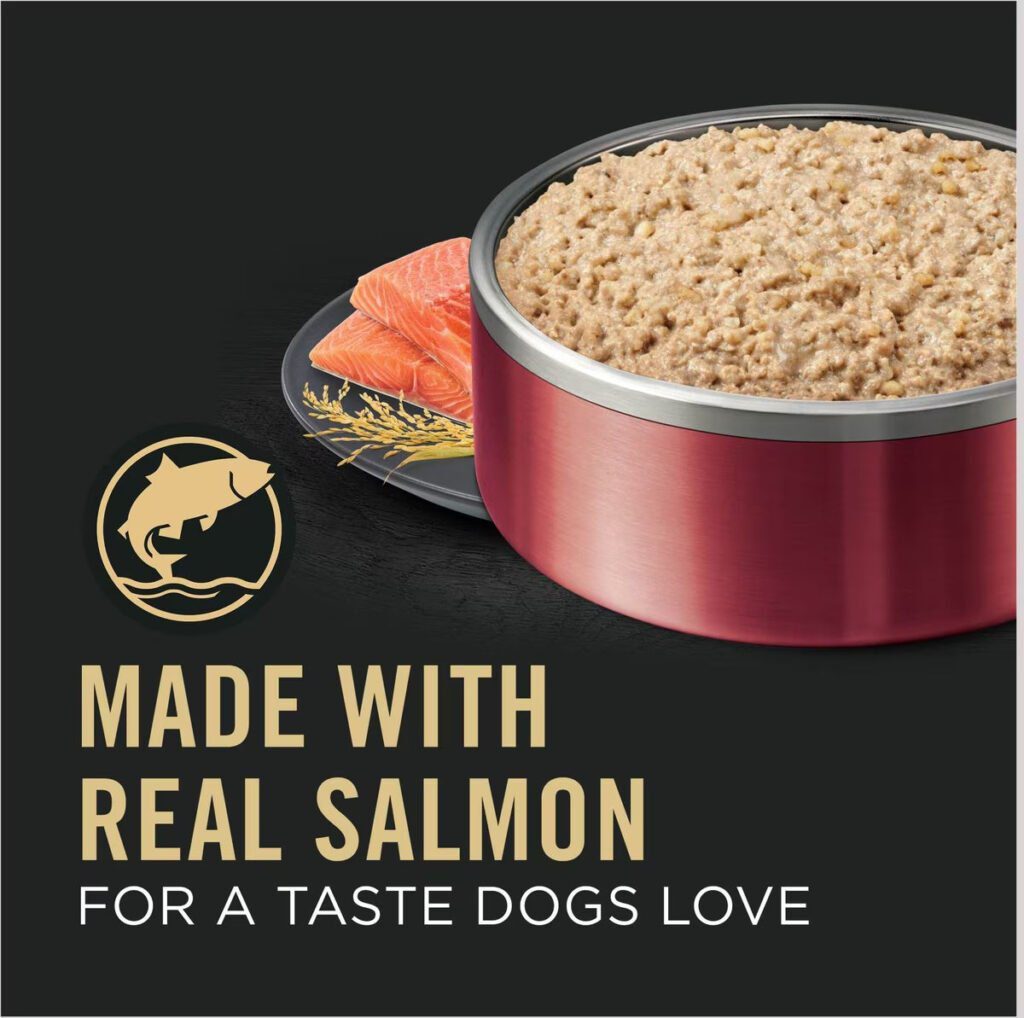
Pros:
Brain-Boosting DHA: This wet dog food contains DHA, an omega fatty acid that supports cognitive development, making it ideal for pups who want to ace their Obedience School class.
Salmon and Rice Delight: The tasty combination of salmon and rice makes this food not only nutritious but also scrumptious for your furry friend.
Sensitive Skin and Stomach Support: Many pet parents have seen positive results in their dogs with skin issues or upset stomachs after switching to this formula.
Salmon as the Sole Animal Protein: For dogs with allergies to chicken or other proteins, this food offers a single-source animal protein—salmon—to keep their sensitive tummies happy.
Convenient Variety Pack: The case of 12 cans allows you to conveniently try different flavors or mix it up for your pet's dining pleasure.
Cons:
Palatability Varies: While most dogs seem to enjoy the taste, some may be picky or not fond of the consistency and smell of the pate.
Possible Transition Challenges: A few pet owners noted that their dogs experienced loose stools during the transition period when introducing this food. Slowly transitioning can help mitigate this.
Importance of choosing the right senior dog food
As our furry companions gracefully age, their nutritional needs evolve, just like ours do. Providing the right food for your senior dog is more than just a matter of taste – it directly impacts their health and happiness. One crucial aspect to consider is their sensitive stomach.
Imagine your senior dog feeling comfortable and content after a delicious meal, instead of dealing with tummy upsets and discomfort. A sensitive stomach can lead to issues like gas, diarrhea, and even a reluctance to eat. That's why it's essential to find the best senior dog food tailored to their delicate digestion.
By selecting the right food, you can enhance their overall well-being and ensure they get the vital nutrients they need in their golden years. After all, a happy tummy equals a happy pup! We want to make sure your loyal companion enjoys every moment of their senior life with gusto.
Addressing sensitive stomach issues in senior dogs
A sensitive stomach can be triggered by various factors, such as food allergies, intolerances, or even age-related changes in the digestive system. As a responsible pet parent, it's vital to recognize the signs of tummy troubles in your senior dog. These signs may include frequent vomiting, loose stools, excessive gas, or a general reluctance to eat.
While it might seem overwhelming, finding the right dog food for sensitive stomachs doesn't have to be a game of fetch in the dark. By choosing the right food with gentle, easily digestible ingredients, you can provide relief and comfort to your beloved companion.
Understanding Senior Dog Nutrition
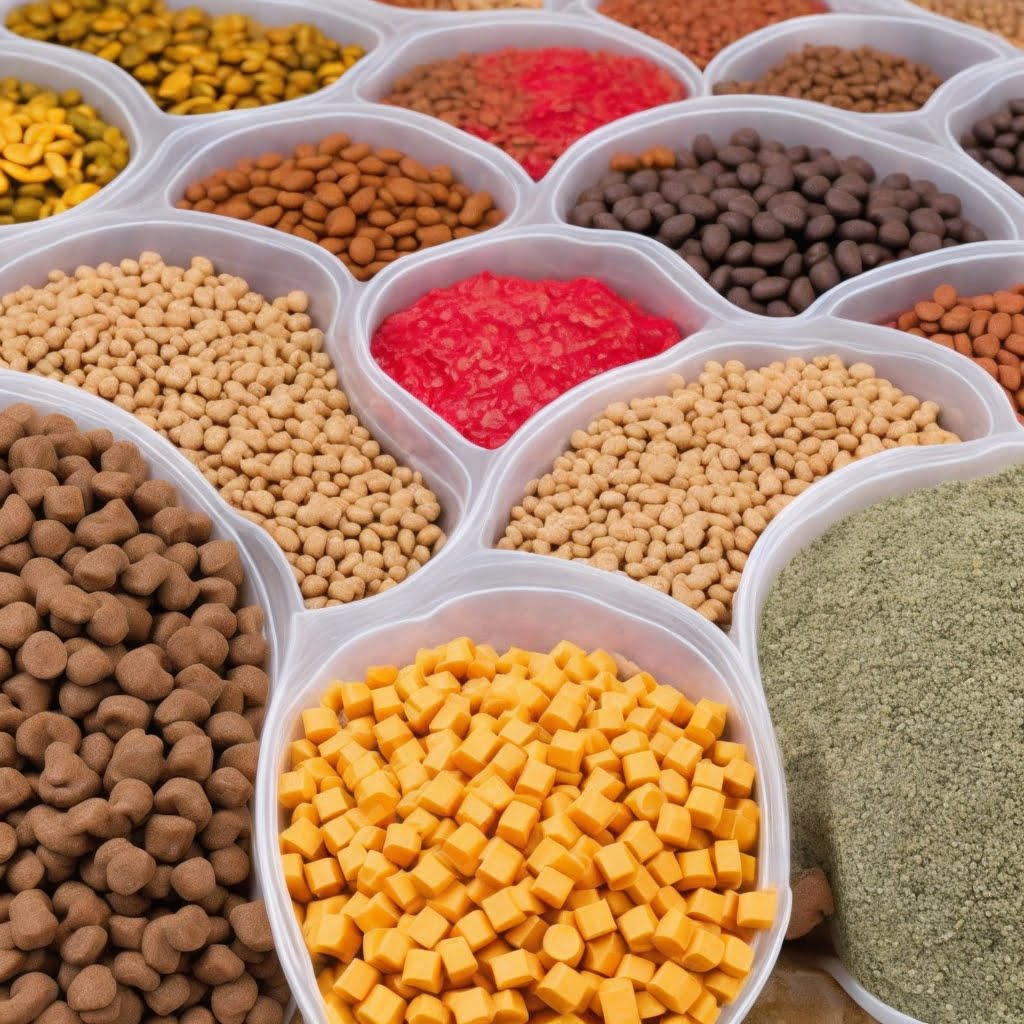
Our wise and loyal companions, as they age, have unique nutritional needs that require a little extra TLC. Just like a fine-tuned recipe, striking the perfect balance of nutrients for senior dogs is essential for their health and happiness.
Key nutritional needs for senior dogs
As our furry friends enter their golden years, their metabolism and activity levels may change. It's crucial to cater to their evolving nutritional requirements to keep them spry and active. Senior dog foods are specially formulated to meet these needs, often featuring controlled levels of fat and calories to manage weight and maintain a healthy energy balance. Additionally, nutrients like antioxidants and omega fatty acids play a vital role in supporting their aging immune system and promoting a shiny coat.
Common digestive issues in senior dogs
Just like us, senior dogs may encounter some digestive challenges as they age. The once ironclad stomachs can become a tad sensitive, leading to discomfort after meals. Some senior dogs may develop food sensitivities or intolerances, which can cause digestive upset. Understanding these common issues helps us make better choices when selecting their food and ensuring their tummies stay happy.
Impact of a sensitive stomach on overall health
A sensitive stomach isn't just about occasional tummy upsets; it can have a broader impact on a senior dog's health. If left unaddressed, digestive issues can lead to nutrient deficiencies, weight loss, and decreased energy levels. By providing them with the right senior dog food designed for sensitive stomachs, we can ensure they receive the essential nutrients for optimal health and well-being.
Factors to Consider When Choosing Dog Food
When it comes to picking the paw-fect senior dog food for a sensitive stomach, there are a few essential factors to keep in mind. After all, we want to ensure that every mealtime is a tail-wagging, tummy-happy affair!
The foundation of any fantastic dog food is the ingredients it contains. For senior dogs with sensitive stomachs, look for products that boast high-quality and easily digestible ingredients. Avoid artificial additives, fillers, and by-products, as these can potentially trigger digestive issues. Instead, opt for wholesome sources of protein, carbohydrates, and healthy fats to provide the nourishment they need without upsetting their tummies.
Grain-Free vs. Grain-Inclusive Options:
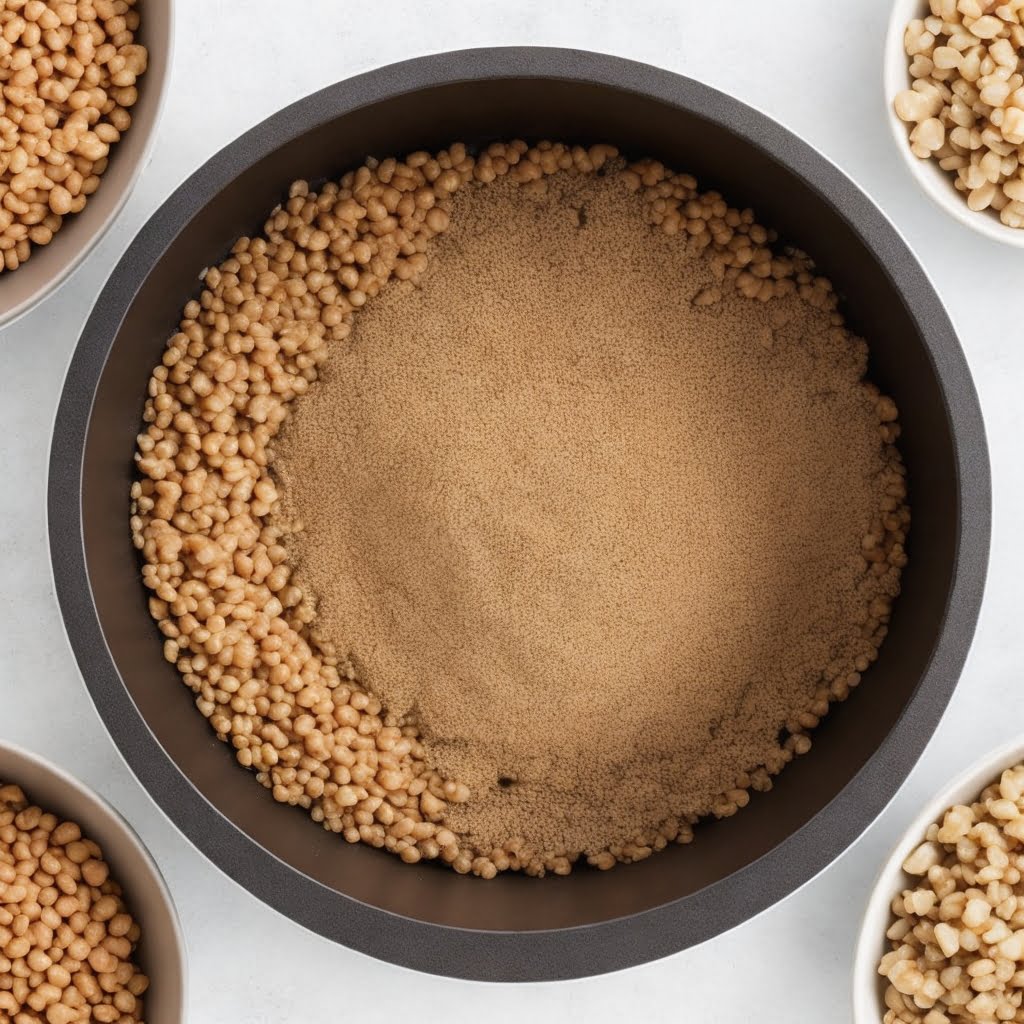
The debate about grains in dog food can be as puzzling as finding where your dog hides their favorite toy! Some senior dogs do well with grains, while others might benefit from grain-free options. Grains like rice and oats can provide a good source of energy and nutrients for some pups. However, if your senior dog has grain sensitivities, exploring grain-free alternatives might be the way to go.
Limited Ingredient Diets for Food Sensitivities:
For senior dogs with known food sensitivities, limited ingredient diets (LID) can be a saving grace. These formulas contain a minimal number of ingredients, making it easier to pinpoint and avoid potential triggers for their sensitive stomachs. LID options often use novel proteins and carbohydrates, such as duck or sweet potato, which can be less likely to cause allergic reactions.
Identifying Common Allergens:
Keeping an eye out for common allergens in dog food is crucial, especially for senior dogs with sensitive stomachs. Some of the most common allergens include chicken, beef, soy, and dairy. If your furry friend has shown signs of allergies or food intolerances in the past, aim for dog foods that are free from these potential irritants.
B. Nutritional Advantages of Wet Food for Sensitive Seniors
Wet dog food offers several nutritional advantages that can benefit senior dogs with sensitive stomachs:
- Moisture Content: Wet dog food has a high moisture content, which helps maintain hydration, especially important for senior dogs who may drink less water.
- Gentle on the Stomach: The soft texture of wet food is easier on a senior dog's sensitive stomach, making it more digestible.
- Palatability: Wet dog food is often more appealing to picky eaters or dogs with decreased appetite due to age-related changes.
- Added Nutrients: Many wet dog foods are fortified with essential nutrients, including omega fatty acids for skin and coat health, joint support, and antioxidants for overall wellness.
Soft Dry Dog Food for Senior Dogs with Sensitive Stomachs
As our beloved senior dogs age, their nutritional needs evolve, and some may develop sensitive stomachs. Soft dry dog food can be an excellent option for them, providing a balance between texture and ease of digestion. Let's delve into the benefits of soft dry food for senior dogs and compare some of the best options for sensitive stomachs based on real-life experiences from pet owners:
Exploring the Benefits of Soft Dry Food for Senior Dogs
- Gentle on Sensitive Stomachs: Soft dry dog food has a chewable texture that is easier on senior dogs' sensitive stomachs, reducing the risk of digestive discomfort.
- Balanced Nutrition: The best soft dry dog foods are formulated to provide balanced nutrition, including essential vitamins, minerals, and proteins, crucial for senior dogs' overall health.
- Maintains Dental Health: While soft in texture, some soft dry dog foods are designed to promote dental health, helping to keep teeth clean and gums healthy in senior dogs.
Comparing the Best Soft Dry Dog Food Options for Sensitive Stomachs
Wellness CORE Grain-Free Senior Deboned Turkey Recipe Dry Dog Food:
- Crafted specifically for senior dogs, this grain-free formula features deboned turkey as the primary protein source.
- It contains a blend of fibers and probiotics to support healthy digestion, making it suitable for senior dogs with sensitive stomachs.
- The soft dry kibble is easy to chew and digest, promoting nutrient absorption in aging dogs.
Hill's Science Diet Adult 7+ Small Bites Chicken Meal, Barley & Brown Rice Recipe Dry Dog Food:
- This soft dry dog food is tailored for senior dogs aged 7 years and older, with small, easy-to-chew kibble bites.
- The chicken meal provides high-quality protein, while the inclusion of barley and brown rice supports gentle digestion.
- Formulated with antioxidants and omega fatty acids to promote brain health and maintain a healthy coat.
Tips for Transitioning Dog Food
Transitioning dog food is an essential process, especially for senior dogs with sensitive stomachs. A sudden change in diet can lead to digestive upset, which is why it's crucial to follow gradual transition techniques. Here are some helpful tips to ensure a smooth switch:
Gradual Transition Techniques for Senior Dogs
- Slow and Steady Wins the Race: Gradually introduce the new food by mixing it with the old one. Start with a small proportion of the new food (around 25%) and increase it gradually over 7 to 10 days until the transition is complete.
- Observe Feeding Behavior: Pay attention to how your senior dog responds to the new food. If they are hesitant, try mixing in some warm water or low-sodium broth to enhance the aroma and appeal.
- Monitor Eating Habits: During the transition, keep an eye on your dog's eating habits. If they seem disinterested or show signs of discomfort, slow down the process or revert to the old food and consult your veterinarian.
Monitoring Signs of Intolerance During Transition
- Digestive Issues: Keep an eye out for signs of digestive upset, such as vomiting, diarrhea, or excessive gas. These can be indications that your senior dog is not tolerating the new food well.
- Changes in Behavior: Monitor your dog's behavior during the transition. Unusual lethargy, lack of appetite, or excessive scratching could be signs of food intolerance.
- Skin and Coat Health: Check your senior dog's skin and coat condition. If you notice an increase in itchiness, redness, or flakiness, it could be a reaction to the new food.
Seek Veterinary Advice If Necessary
- Individual Needs: Every dog is different, and some may require a more gradual transition or have specific dietary requirements. If you're unsure about the best approach for your senior dog, consult your veterinarian.
- Allergic Reactions: If your dog exhibits severe allergic reactions, such as difficulty breathing or swelling, seek immediate veterinary attention.
- Sensitive Stomachs: For senior dogs with known sensitive stomachs, it's essential to be cautious during the transition. Your veterinarian can recommend suitable dog food options and advise on the transition process.
Homemade Dog Food Recipes for Seniors with Sensitive Stomachs
Homemade dog food can be a great option for senior dogs with sensitive stomachs, as it allows you to control the ingredients and tailor the recipes to your furry friend's specific needs. However, it's crucial to ensure the meals are nutritionally balanced and safe. Here are some vet-approved recipes for homemade senior dog food:
A. Vet-Approved Recipes for Homemade Senior Dog Food
Chicken and Rice Delight:
- Ingredients:
- 2 cups cooked chicken (without bones or skin)
- 1 cup cooked brown rice
- 1/2 cup cooked sweet potatoes
- 1/2 cup cooked carrots
- 1 tablespoon olive oil for added healthy fats
- Instructions:
- Chop the cooked chicken and vegetables into small, easily digestible pieces.
- Mix all the ingredients together in a bowl.
- Serve to your senior dog once it cools down.
Turkey and Quinoa Medley:
- Ingredients:
- 2 cups cooked ground turkey (lean and without seasoning)
- 1 cup cooked quinoa
- 1/2 cup cooked peas
- 1/4 cup cooked pumpkin (pureed, unsweetened)
- 1 teaspoon fish oil for essential omega-3 fatty acids
- Instructions:
- Cook the ground turkey thoroughly and drain any excess fat.
- Cook the quinoa according to the package instructions.
- Mix the cooked turkey, quinoa, peas, and pumpkin puree in a bowl.
- Add the fish oil for additional nutritional benefits.
- Allow the mixture to cool before serving.
Ensuring Balanced and Complete Nutrition at Home
- Protein Source: Use lean meats like chicken, turkey, or beef, and avoid fatty or seasoned meats. Protein is essential for muscle maintenance and repair.
- Carbohydrates: Incorporate easily digestible carbohydrates like brown rice, quinoa, or sweet potatoes to provide energy.
- Vegetables: Include nutrient-rich vegetables like carrots, peas, and pumpkin for essential vitamins and minerals.
- Healthy Fats: Add a small amount of healthy fats, like olive oil or fish oil, to support skin and coat health.
- Calcium: If not using a commercial dog food base, consult your vet about calcium supplementation to support bone health.
Caution and Considerations When Preparing Homemade Meals
- Consult Your Veterinarian: Before starting any homemade diet, consult your veterinarian to ensure it meets your senior dog's specific nutritional requirements.
- Portion Control: Be mindful of portion sizes and adjust the recipe to meet your dog's age, weight, and activity level.
- Avoid Harmful Foods: Avoid ingredients like onions, garlic, grapes, raisins, chocolate, and certain nuts, as they can be toxic to dogs.
- Food Safety: Practice safe food handling and storage to prevent contamination and spoilage.
- Monitor Your Dog's Health: Keep a close eye on your senior dog's overall health and digestion when introducing homemade food. If any issues arise, consult your vet promptly.
Conclusion
In conclusion, as responsible pet owners, it's our duty to cater to our senior dogs' individual needs, especially when it comes to their sensitive stomachs. By choosing the right food and monitoring their health, we can ensure that our loyal companions enjoy a comfortable and fulfilling life in their golden years. The joy and love they have brought into our lives make the effort well worth it, and seeing them thrive is the ultimate reward.